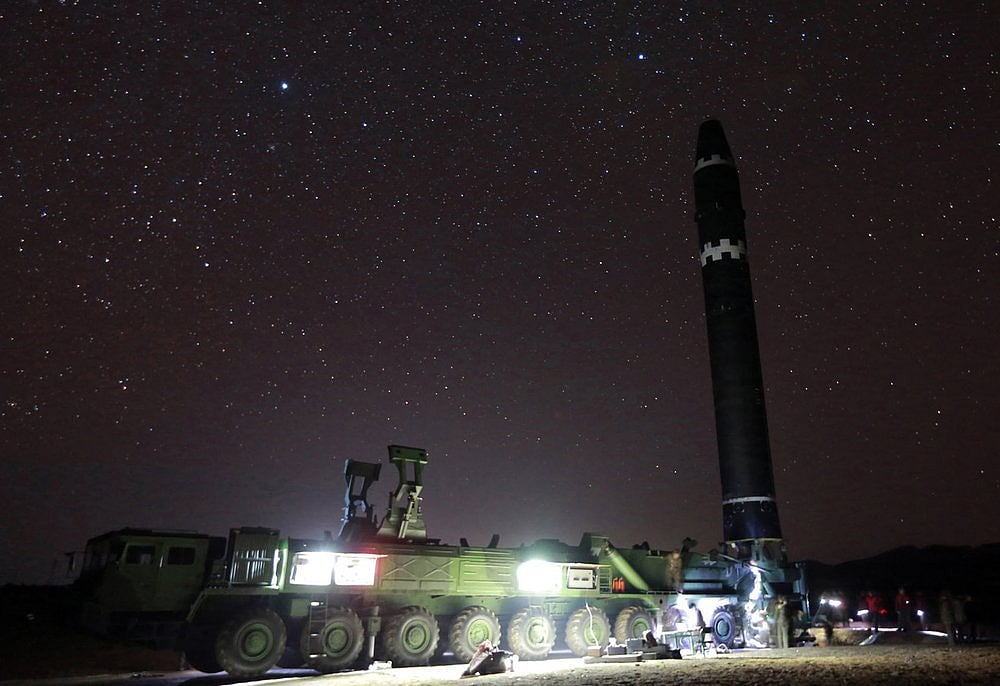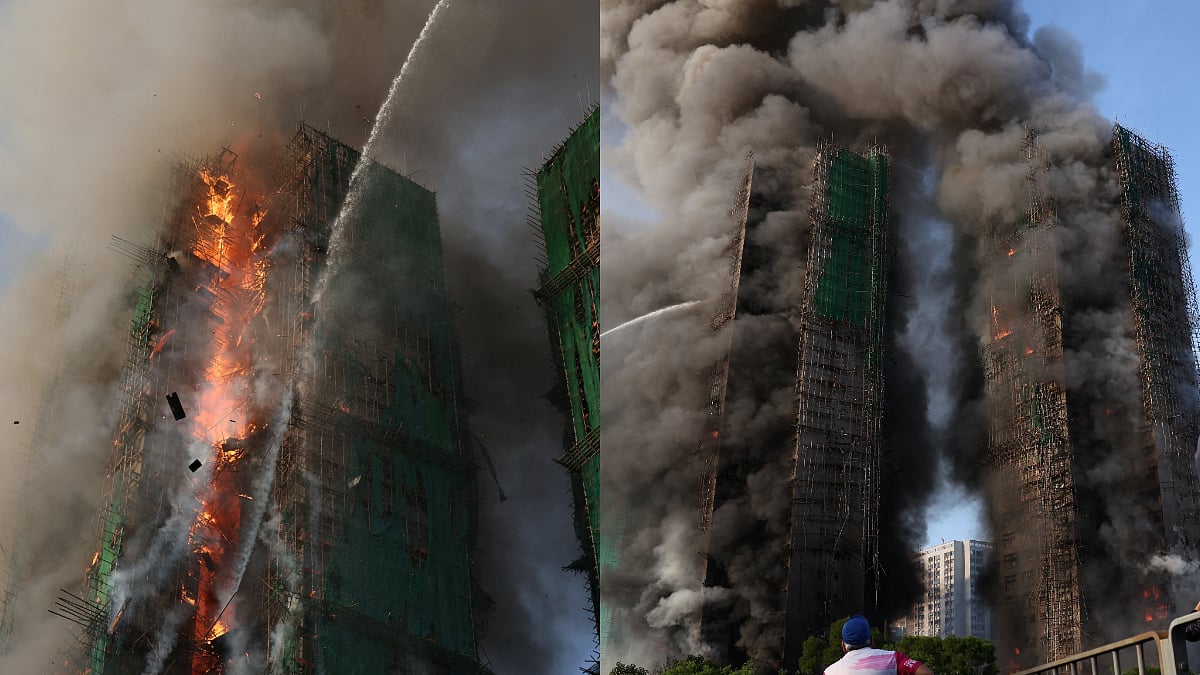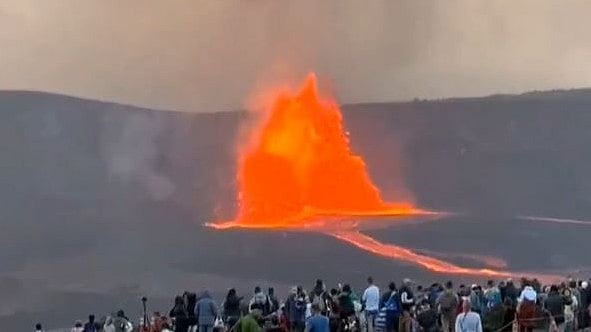The Biden administration says two North Korean missile launches in recent weeks were test firings of a powerful new long-range ICBM and warned Thursday that a full-range test could soon follow.
The tests were of a missile reportedly larger than an ICBM North Korea launched in 2017 that was assessed to be capable of reaching the United States.
According to North Korea, the February 26 and March 4 tests were focused on developing a reconnaissance satellite, but the Pentagon said rigorous analysis concluded they were actually experimental precursors to a likely full-range ICBM launch.
With a minimum range of 5,500km (3,417 miles), ICBMs can reach the US. They are designed for nuclear arms delivery.
Any such launch would mark the end of a self-imposed moratorium Pyongyang has had in place since 2017 and send military tensions soaring on the Korean peninsula and beyond.
On Thursday, Pentagon spokesman John Kirby said North Korea's two tests "involved a new intercontinental ballistic missile system".
Neither launch displayed ICBM range or capability, but the tests were carried out "to evaluate this new system before conducting a test at full range in the future, potentially disguised as a space launch," Mr Kirby said.
"The United States strongly condemns these launches, which are a brazen violation of multiple United Nations Security Council resolutions, needlessly raise tensions and risk destabilising the security situation in the region."
Both South Korea and Japan have confirmed the US statement and condemned Pyongyang.
It is not clear whether the tests were timed by Kim Jong-un, the North Korean leader, to come at a time of maximum distraction in Washington and fear of a broader war in Europe.
Whatever the reason, the emergence of a new intercontinental missile, ultimately intended to show that North Korea could reach American cities, adds to the list of simultaneous national security challenges facing President Biden. At least two of them involve nuclear weapons in the hands of unpredictable dictators.
North Korea conducted three ICBM tests in 2017, and has carried out a total of six nuclear tests, before suspending both types of testing before the summits with Trump.
In January, Pyongyang said it would reconsider “restarting all temporarily suspended activities”, and analysts have seen signs of construction at North Korea’s Punggye-ri nuclear test site for the first time since its closure and dismantlement in the spring of 2018.
Some experts believe North Korea could launch a spy satellite or a test an ICBM in April to coincide with the 110th anniversary of the birth of the country’s founder, and Kim’s grandfather, Kim Il-sung.









